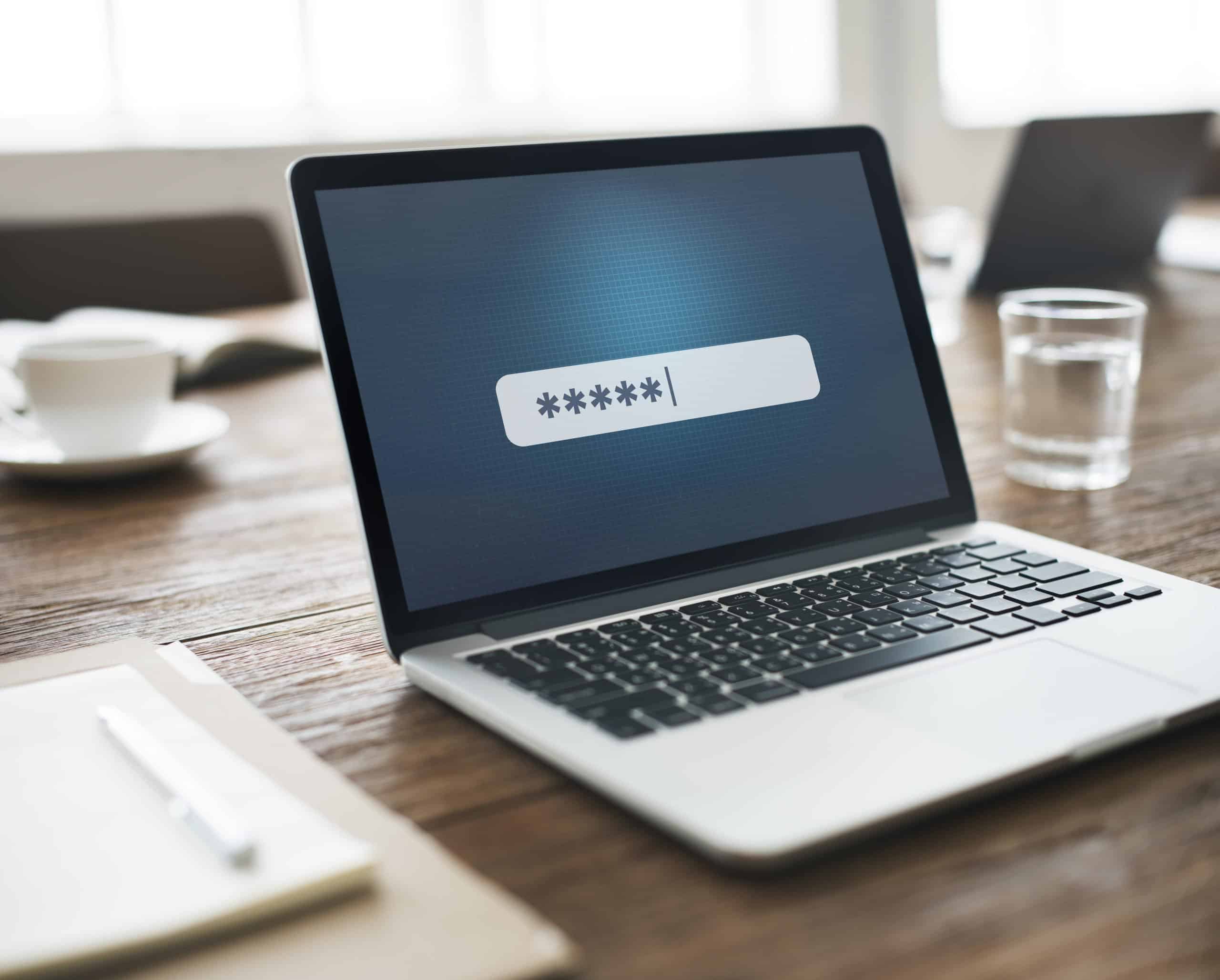The cold hard truth is that online scammers are getting more technologically advanced with each passing day. Scammers were already getting far with harassing people in older age ranges 20 years ago. Now that we’re in 2024, their toxic methods have become even more diabolical and complex. As of now, Baby Boomers are being unfairly targeted by scammers who have one goal in mind – Stealing funds.
The Boomers were born between 1946 and 1964 during the mid-20th century baby boom. As of now, most Boomers are in their 60s and 70s. Millennials and Gen-Zers spend a lot more time getting familiar with technology than Boomers. Because of that, Millennials and Gen-Zers are often more comfortable when it comes to navigating the internet, social media platforms, and everything that might relate. It isn’t uncommon for Baby Boomers to reach out to the younger Millennials and Gen-Zers for a little help in guidance every once in a while.
When Baby Boomers are left to their own devices, they still need to know which red flags and warning signs they should look out for to avoid getting scammed. Romance scams are as common as they’ve always been. Financial scams are usually related to romance scams since they tend to be intertwined. Scams using artificial intelligence are on the rise at this time as well. Click here to discover the most infamous white-color scandals in history.
To compile this list of cyber tips for Baby Boomers who want to avoid online scams, 24/7 Tempo consulted several sources. These include Federal Trade Commission, Central Bank Scam Watch, Better Business Bureau, and Independent Age.
Don’t click URLs sent by strangers

One of the easiest ways for online scammers to gain access to Boomer’s personal information is by sending fraudulent emails full of sketchy URLs. If you don’t recognize the person sending you an email, it’s in your best interest to delete the email on the spot. If you do choose to open the email and find a URL waiting inside for you, make sure you don’t actually click it open. If you do open it, hackers and scammers will be able to release malware onto your device.
Be wary of charity scams

Charity scams exist because conniving people know they can play into the emotions of others. By pulling on your heartstrings and making you think you should be donating money to a specific charitable organization, it’s easier for scammers to convince you to type in your credit card information. Before donating money to any charities online, do your research to find out if the charity actually exists. Find out where your donated money will be allocated as well.
Keep an eye out for fake investment scams

As of now, fake investment scams are designed with Baby Boomers in mind. You can tell that an investment offer is a total scam based on how realistic or unrealistic it sounds. If it’s way too good to be true by promising a massive return for a tiny investment, there is a huge chance the investment plan you’re looking at is completely fake. Paying a small amount into a fake investment likely means you will never see your small investment again.
Don’t play into quiz and game scams

Plenty of Baby Boomers who are already retired might feel bored during the day. That being said, it’s totally fine to download quizzes and games to play in your free time. Quizzes and games only become a problem if they’ve been designed by scammers who are looking for Baby Boomers to answer special security questions to access quiz and game results. This is a devious way for scammers to get answers they can use when trying to hack into your bank accounts.
Do not transfer money to strangers online

Romance scams have been going on since the very beginning of internet usage. Even though the notion of romance scamming isn’t exactly mysterious or rare, it still continues to happen to older folks every year. Baby Boomers must know that it’s wrong to transfer money to strangers online, no matter how “lovey-dovey” an online relationship might feel in the moment. This also applies to Boomers thinking about transferring money to people they’ve befriended on the internet without a romantic connection.
Be aware of job offer scams

Job offer scams that unfairly target Boomers are usually designed to entice older folks. This occurs with job listings that highlight the notion of earning a little bit of extra money during retirement. You can tell that a job offer is a scam if it’s asking you to fill out tons of personal information at the very beginning.
Companies don’t need to know your Social Security number until you officially been hired and onboarded, for example. Job offer scams will often ask for your Social Security number and other personal details before you even interviewed or corresponded with anyone.
Use strong passwords

It’s crucial to use strong passwords when signing up for different accounts online. This rule applies whether you’re a Baby Boomer who’s just getting started with social media or you’re simply interested in checking your bank account online. Strong passwords often require a blend of lowercase and capital letters. You should add a few numbers and a few symbols as well such as hashtags or percentage signs. If possible, use different and creative passwords for every online account you must sign up for.
Keep your software up-to-date

While you might not think it’s a big deal to keep your software up-to-date, this is another vital factor in cyber security. If your software is updated at all times, it means you have access to the newest security software, operating systems, and web browsers. Having everything updated means you have the best possible defense against malware, online threats, and viruses. Scammers and hackers will have a more difficult time harassing you when your software is updated.
Consider setting your social media profiles to private

When your social media profiles are set to private, you make it really difficult for scammers and hackers to gain access to details about your personal life. If they can freely scroll through your social media pages, it means they can find out details about you, your hobbies, your job title, and your family. With access to details about your personal life, scammers and hackers with bad intentions will have a much easier time harassing you. Cut their access by setting your profiles to private.
Use secure Internet connections

It’s important to use secure internet connections when logging into your personal accounts. This is especially important when it comes to checking your bank account. When you’re out and about using public Wi-Fi at places like Starbucks or Panera Bread, it’s in your best interest to avoid signing in to personal accounts that would reveal essential details about you and your finances. Save specific logins for the safety of your home.
Ensure website security before shopping online

Online shopping has become more popular than ever before in this era. It’s totally fine to find the items you adore and have them shipped to your doorstep. Online shopping only becomes an issue if you aren’t ensuring web security before typing in your credit card information.
You have to make sure the online stores you’re shopping from are real and legitimate before things go too far. Plugging your credit card information into a fraudulent online shop means scammers and hackers will be able to clear your bank account at any given moment.
Check website privacy policies

It might sound boring and monotonous, but checking website privacy policies could be a game-changer when it comes to your online safety. Privacy policies explain exactly what websites are doing to protect your personal information. If you notice that a website you’re interested in using doesn’t have a privacy policy at all, it’s in your best interest to exit out of their site to seek the information you’re looking for elsewhere.
Be wary of fake package delivery scams

A common scam Baby Boomers are faced with today revolves around fake package delivery text messages. If you receive a message saying a package is out for delivery for you, but it’s unable to be delivered to your doorstep, delete the text message right away.
Keep in mind that mail carriers will not send a spam like text message with a sketchy URL link if one of your packages can’t be delivered. Scams can happen online in many different ways. As mentioned before, social media is a playground for scammers and hackers. Click here to discover which celebrities have the most fake Instagram followers.
